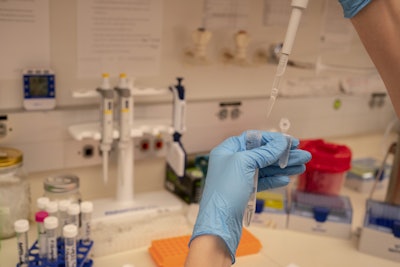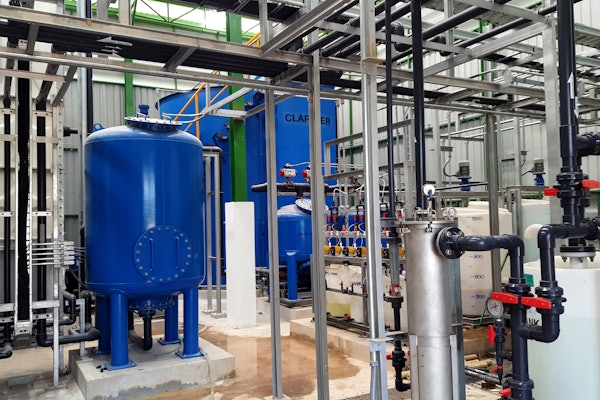In mid-July, FSIS released its list of top food safety research interest areas. The research priorities reflect needs to (1) eliminate data gaps, (2) expand laboratory detection methods, and (3) propose new studies, the agency says.
FSIS states that the list of priorities are presented as suggestions for researchers preparing grants for submission to agencies that fund food safety research, such as the USDA National Institute of Food and Agriculture, National Institutes of Health, Grants.gov, or other researchers with resources to conduct such research.
Moreover, while FSIS is interested in the proposed research areas, it notes that the data or technologies produced will not necessarily be endorsed by the agency. Nonetheless, research in these areas could be used to help advance FSIS's strategic food safety goals, which the agency defines as:
- Preventing foodborne illness and protecting public health
- Modernizing inspection systems, policies, and scientific approaches
- Achieving operational excellence
FSIS’ first proposed research priority centers around data gaps the agency has identified. These gaps include the need for scientific support for corrective actions following under-processing of meat and poultry patties, effectiveness of pasteurization methods at lower pH levels for liquid egg whites, effectiveness of traditional processes like curing and fermentation in the destruction of Toxoplasma gondii in pork products, and expansion of genomic analysis of pathogen isolates from clinical and non-clinical sources beyond existing sources of data, the agency notes in its July 18 Constituent Update.
Next, FSIS says it identified a need for enhanced allergen detection methods using liquid chromatography mass spectrometry (LCMS) as well as tools to better detect highly virulent strains of Campylobacter in poultry. FSIS’ need for improved detection methods is similar to the agency’s first initiative in its new meat and poultry food safety plan, which involves enhancing microbiological testing.
Lastly, FSIS laid out an interest in exploring foodborne illness source attribution for enteric pathogens present in water sources near regulated facilities. The agency proposes studies focused on antimicrobial resistance, including Salmonella infantis and decreased susceptibility to ciprofloxacin in Salmonella enteritidis.



















